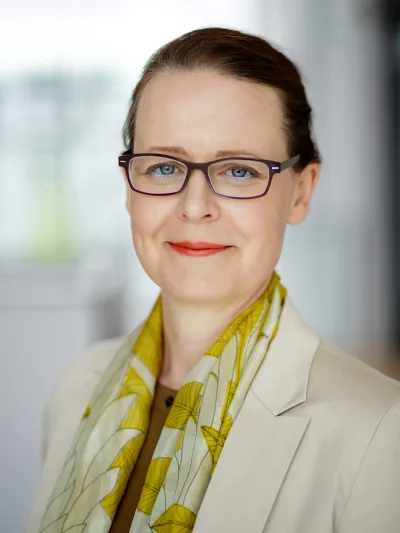Press release
WiNoDa: Research Alliance creates Knowledge Lab for the Future of Scientific Data

Bringing the past to life, understanding the future: The new knowledge laboratory for natural science collections and object-centred data (WiNoDa) creates modern expertise for science and society. WiNoDa is a Germany-wide, collaborative network of research and supporting organisations. The Museum für Naturkunde Berlin (MfN) contributes its impressive collection, consisting of 30 million physical and digital objects. The Networking and Competence Centre Open Access Brandenburg (VuK) at the University of Applied Sciences Potsdam contributes its expertise in the areas of Open Science and Open Educational Resources (OER).
Research collections harbour a treasure trove of information and data – with over a billion objects worldwide. These not only tell fascinating stories from times gone by, but also offer a glimpse into the future. The challenge is to capture relevant information from the numerous objects, and this is where the WiNoDa project comes in.
The WiNoDa project – as a "knowledge laboratory for natural science collections and object-centred data" – aims to create a tailor-made laboratory for excellent, multidisciplinary research in the field of collections. The digital transformation offers new opportunities for networking data and linking knowledge across different disciplines. One example is the separate – but not isolated – examination of natural history objects in the context of archaeological excavations. By collecting data from different disciplines in a uniform way, knowledge can be put into a new context and new research questions about the human past and the living environment at that time can be asked.
The challenge lies not only in the quantity or complexity of the data, but also in the development of expertise for innovative evaluation and analysis methods. WiNoDa promotes precisely these necessary skills to meet the demands of digital change.
The knowledge lab focuses on three main areas:
- Learning
- Researching
- Networking
WiNoDa is a group of research and supporting organisations across Germany working together. The Museum für Naturkunde Berlin (MfN) plays an important role. It contributes its knowledge, which is based on a collection of 30 million objects and includes both physical and digital parts.
The German Archaeological Institute (DAI ) has equal experience in scientific work with natural history objects and knowledge in the management of this data. The Zuse Institute Berlin (ZIB) provides the necessary IT resources for the storage, processing and presentation of data and is working with the partners to set up a research platform for joint analysis using the latest methods from artificial intelligence.
The Network Centre of the Joint Library Network GBV (VZG) in Göttingen is a partner in the field of information infrastructure. The Networking and Competence Centre Open Access Brandenburg (VuK) at the University of Applied Sciences Potsdam contributes its knowledge in the areas of Open Science and Open Educational Resources (OER). The Society for Biological Data (GFBio e.V.) supports the project particularly in the management of research data, starting with the search for data through to publication and archiving.
Together they create learning materials in various formats that are tailored to the needs of researchers. A helpdesk is available to support individual questions and problems in dealing with research data and data analysis. This multidisciplinary collaboration ensures that WiNoDa has access to a broad expertise and resource base. Together, the project partners strive to promote collection-based research, combine the humanities and natural sciences and create inspiration for applied research.
The establishment of a data competence centre and the implementation of innovative formats mark a significant step for the future of science in German museums and collections. The project is funded by the Federal Ministry of Education and Research (BMBF).
Networking and Competence Centre Open Access Brandenburg (VuK)
- Scientific Director: Prof. Dr. Ellen Euler, LL.M.
- Project coordination: Ben Kaden
